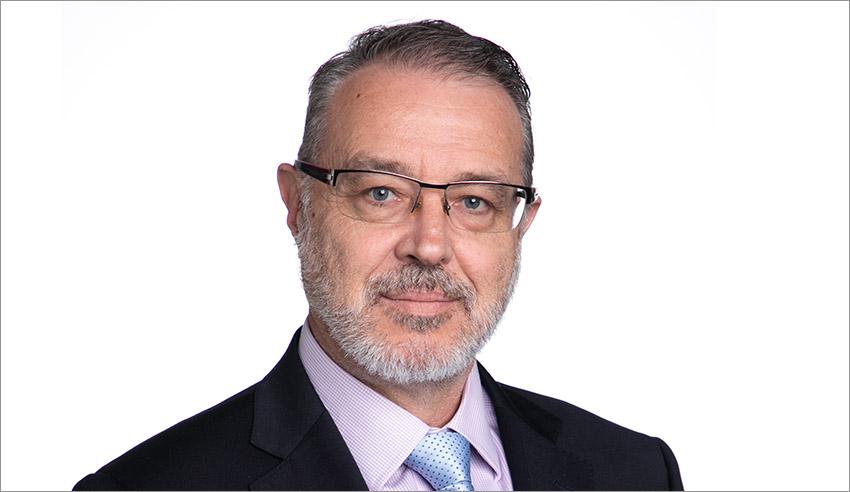Legal employers have made efforts to ensure their workplaces are made up of a broad range of professionals, but many are missing the second half of the puzzle: inclusion, says Doug Stipanicev.

Many businesses across the country fail to see tangible differences in the progress of their diversity initiatives and their organisational culture, Dentons Australia chair and Australasia region chief executive Doug Stipanicev mused, because too often inclusion is seen simply as a box to be ticked, or is forgotten altogether.
“Many organisations are focused on increasing their diversity by ensuring they have a wide representation of people with different genders, cultural backgrounds, faiths and sexualities at all levels. What they are missing is the second half of the D&I puzzle, which is inclusion,” he argued.
“Although the two are very closely linked, there is a big difference between diversity and inclusion. Businesses need to make sure that the diverse people in their organisation actually feel like they belong when they come to work.”
An inclusive culture, Mr Stipanicev continued, is one whereby all professionals are respected and appreciated. This means, he submitted, going “far beyond” the implementation of policies, training courses and morning teas to mark particular occasions on the advocacy calendar.
Culture is, of course, not always easy to define, he ceded. However, in Mr Stipanicev’s view, it can and should constitute a “mix of priorities, values and behaviours that the majority of people working for an organisation subscribe to”.
“More than anything else, culture will play the biggest role in creating a truly inclusive workplace. At Dentons, diversity and inclusion forms a core part of our business strategy. This demonstrates the importance we place on D&I to our leadership team, people managers, people and clients,” he posited.
He outlined five key steps that businesses must take if they are to “really move the dial” on improving company culture: leadership, listening, honesty, celebrating differences, and doing what the business says it is going to do.
Leaders must role-model the prescribed behaviours and attitudes a business wants to espouse and be accountable for these, and facilitate environments whereby transparent, substantive dialogue can occur so that employees can feel truly listened to.
Moreover, Mr Stipanicev added, businesses have to follow such listening by owning up to any shortcomings identified by staff, and explore new ways to foster inclusivity.
“At Dentons, we had an all-gender bathroom installed on one of our levels, a multi-purpose room that can be used for prayer or breast-feeding, and we reviewed the accessibility of our events space. All these things go towards creating a culture of inclusion,” he noted.
Finally, commitments to action will not mean as much if they remain simply as commitments and not actions, he said.
“Employees can see straight away if the only commitments that come from leadership are words. Accountability is extremely important. Set yourself targets and keep employees updated on the progress,” he said.
“With an increased focus on inclusion, we have seen great progress in the success of many of our diversity initiatives, such as our LGBT+ network, GLOW. The involvement from members in initiatives such as working with the Trans and Gender Diverse Legal Service, and increase in employees who have put their hand up to become Allies has been fantastic to see.
“The benefits to creating an inclusive workplace are immense. Our people are happier, and we have diverse and talented lawyers and professionals who are able to meet the diverse needs of our clients. There is no doubt that diversity and inclusion makes us stronger.”

Jerome Doraisamy is the managing editor of professional services (including Lawyers Weekly, HR Leader, Accountants Daily, and Accounting Times). He is also the author of The Wellness Doctrines book series, an admitted solicitor in New South Wales, and a board director of the Minds Count Foundation.
You can email Jerome at: